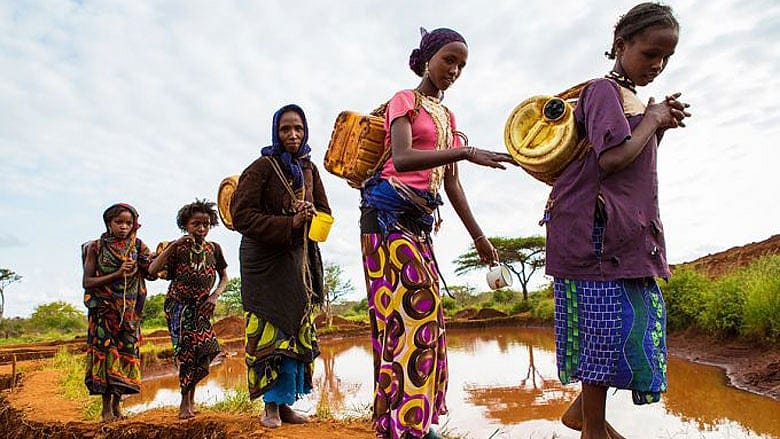The problem with Africa

When I was growing up in Copenhagen, my mother had a three row Peugeot station wagon to accommodate six children and two dogs. After twenty years and about 300,000 miles and countless overhauls and repairs, it was time to let go. The beloved chariot, apparently no longer reparable or useful, was left at a junk yard to be shipped to Africa. There, we were told, it would be used as a cab. This story of our car turned cab in Africa has intrigued me for the past twenty years. With no details of the car's whereabouts, its final destiny still strikes me as fascinating. Someone in Africa had the ingenuity to resurrect our car and use it for a purpose. This, indeed, is a story of hope. Unfortunately, we rarely hear such stories when we hear about Africa.
The western media tends to report mostly negative stories about the African continent and highlights the outrageous and dramatic aspects of life in Africa. Most of the images that come to mind when we think of Africa are those of starvation, disease, brutal conflict, and child soldiers. According to the media, Africa seems like a continent in ruins, beyond hope. The story of Africa has turned into a single narrative of misery and inspiring stories of success and hope are rare. Much of this negative presentation of Africa has to do with the needs of NGOs to raise funds for their projects and for what has been termed the "White Savior Industrial Complex." (Cole, 2012) To any charitable organization vying for funds, bad news tends to be good for business. Similarly, the United Nation's "Millennium Development Goals," devised in 2000 to define a series of targets on poverty reduction, tend to be misused, with Africa routinely described as falling short.

